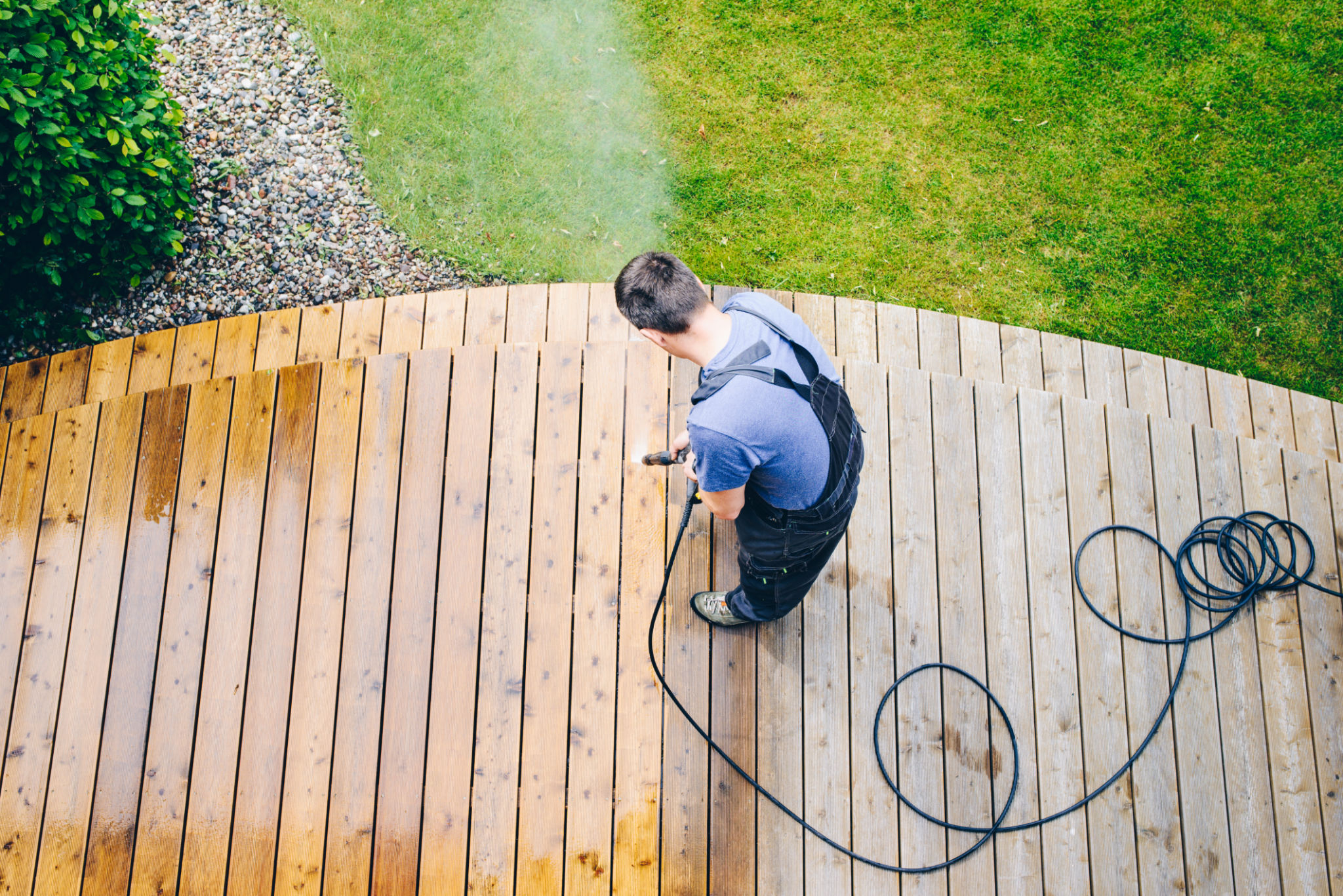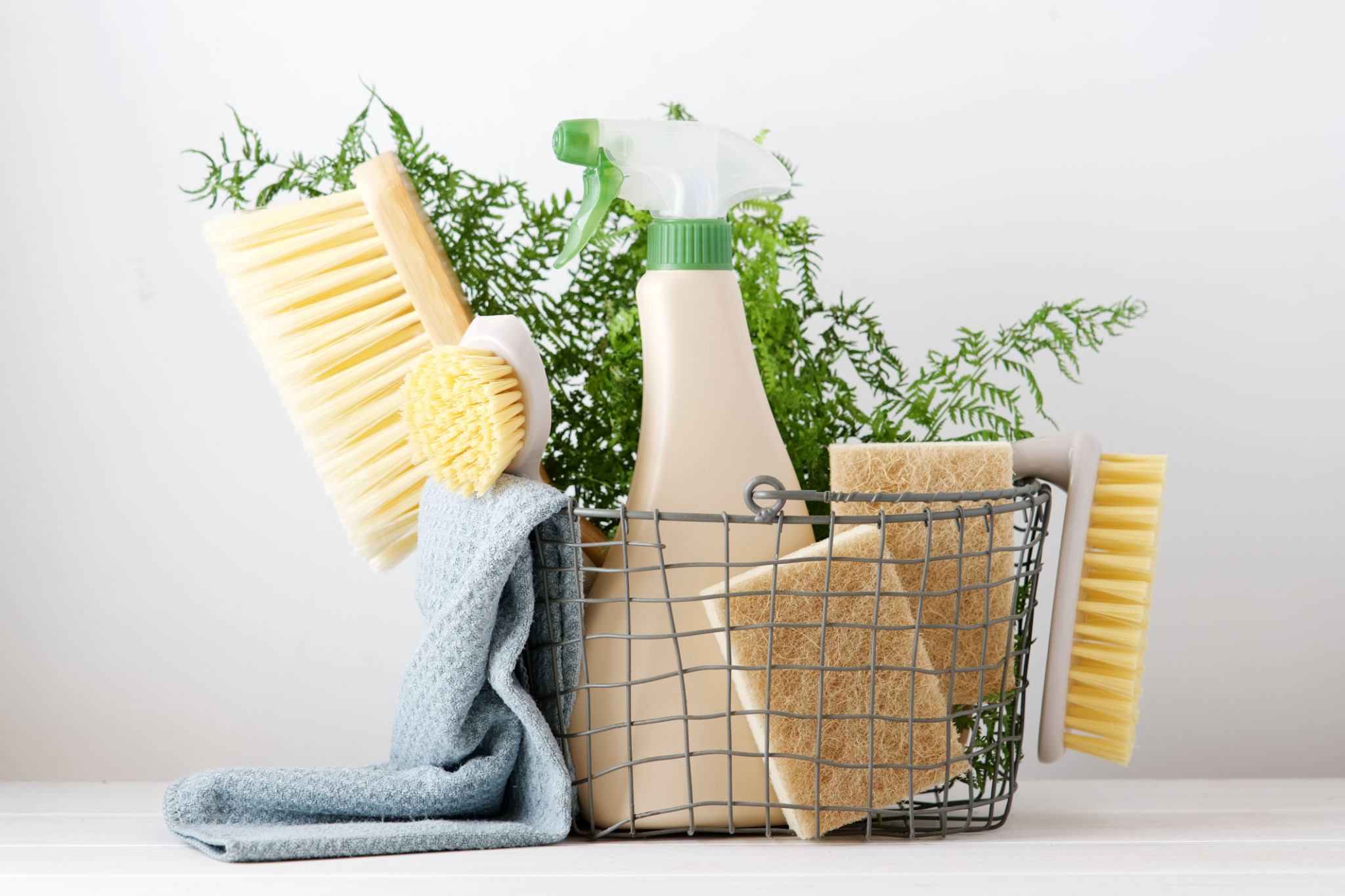The Ultimate Guide to High-Quality Pressure Washing in the UK
Understanding the Basics of Pressure Washing
Pressure washing, also known as power washing, is a highly effective cleaning technique used for a variety of surfaces. It involves the use of high-pressure water spray to remove dirt, grime, mold, and other unwanted substances from surfaces like buildings, vehicles, and concrete surfaces. In the UK, where weather conditions often lead to build-up on outdoor surfaces, pressure washing is a practical solution to maintain cleanliness and aesthetic appeal.
When done correctly, pressure washing can transform surfaces, enhancing their appearance and longevity. However, it's important to understand the basics before embarking on a pressure washing project. This involves knowing the right equipment to use, the appropriate pressure levels for different surfaces, and safety precautions to ensure an effective cleaning process.

Choosing the Right Equipment
The effectiveness of your pressure washing largely depends on the equipment you choose. There are several types of pressure washers available in the market, ranging from electric to gas-powered models. Electric pressure washers are typically ideal for small to medium cleaning tasks due to their portability and ease of use. On the other hand, gas-powered washers are more suitable for larger areas due to their higher power output.
When selecting a pressure washer, consider the PSI (pounds per square inch) and GPM (gallons per minute) ratings. These determine the force of the water spray and the amount of water delivered, respectively. For most residential cleaning tasks, a PSI between 1300 to 2400 is sufficient. Always match the machine's capabilities with the requirements of your project to achieve optimal results.
Understanding Surface Compatibility
Not all surfaces are created equal, and neither is the pressure needed to clean them. Using too much pressure can damage surfaces like wood or painted areas, while too little pressure may not effectively clean harder surfaces such as concrete or brick.
- Wooden Surfaces: Use lower pressure settings to avoid surface damage.
- Concrete and Brick: Higher pressure settings can be used for these durable surfaces.
- Vehicles: Ensure moderate pressure to avoid damaging paintwork.

Safety Precautions and Best Practices
Safety should always be a priority when using a pressure washer. The high-pressure water stream can cause injury if not handled properly. Always wear protective gear such as gloves, goggles, and sturdy footwear. Be mindful of your surroundings to prevent accidents or damage to property.
Additionally, ensure that you are using the correct nozzle for your cleaning task. Nozzles control the angle and intensity of the spray. A 15-degree nozzle is typically good for most cleaning tasks, but always refer to your equipment's manual for the best advice.
Environmental Considerations
Pressure washing in the UK requires consideration of environmental regulations. Runoff water can contain pollutants that need to be managed properly to prevent contamination of local waterways. Use biodegradable detergents when necessary and aim to capture runoff water for safe disposal.

Hiring Professional Services
While DIY pressure washing can be rewarding, hiring professional services can save time and ensure thorough results. Professionals have access to advanced equipment and expertise in handling different surfaces safely and effectively. This is especially beneficial for large-scale projects or when dealing with sensitive surfaces that require careful handling.
When choosing a professional service in the UK, look for companies with positive reviews and those that offer comprehensive cleaning packages tailored to your needs.
Benefits of Regular Pressure Washing
Regular pressure washing is essential for maintaining both the aesthetic appeal and structural integrity of your property. It helps prevent buildup that can lead to long-term damage, saving costs on repairs in the future. Additionally, clean surfaces contribute to a healthier environment by eliminating mold and mildew that can trigger allergies.
By understanding how to effectively use pressure washing techniques or by choosing the right professional service, you can keep your property looking its best throughout the year.
